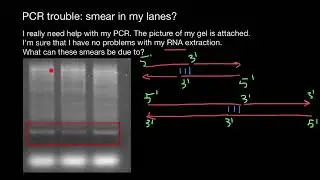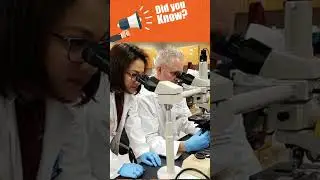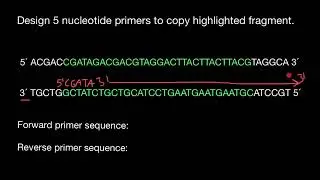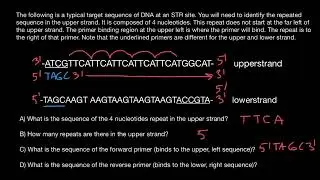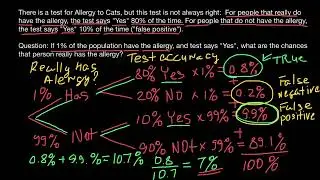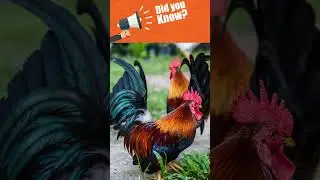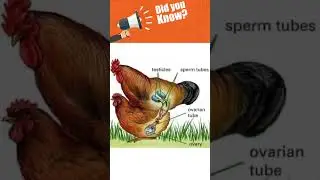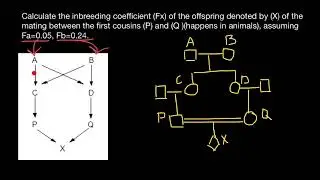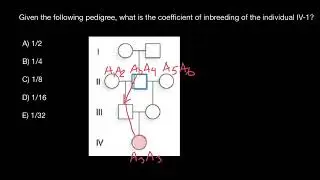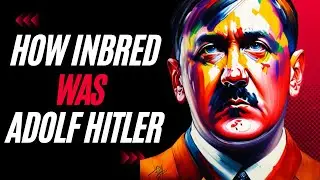How inbred was Adolf Hitler?
Common fruit fly females prefer to mate with their own brothers over unrelated males.
Inbreeding is the production of offspring from the mating or breeding of individuals or organisms that are closely related genetically. By analogy, the term is used in human reproduction, but more commonly refers to the genetic disorders and other consequences that may arise from expression of deleterious or recessive traits resulting from incestuous sexual relationships and consanguinity. Animals avoid incest only rarely.
Inbreeding results in homozygosity, which can increase the chances of offspring being affected by recessive traits. In extreme cases, this usually leads to at least temporarily decreased biological fitness of a population (called inbreeding depression), which is its ability to survive and reproduce. An individual who inherits such deleterious traits is colloquially referred to as inbred. The avoidance of expression of such deleterious recessive alleles caused by inbreeding, via inbreeding avoidance mechanisms, is the main selective reason for outcrossing. Crossbreeding between populations sometimes has positive effects on fitness-related traits, but also sometimes leads to negative effects known as outbreeding depression. However, increased homozygosity increases probability of fixing beneficial alleles and also slightly decreases probability of fixing deleterious alleles in population. Inbreeding can result in purging of deleterious alleles from a population through purifying selection.
Offspring of biologically related persons are subject to the possible effects of inbreeding, such as congenital birth defects. The chances of such disorders are increased when the biological parents are more closely related. This is because such pairings have a 25% probability of producing homozygous zygotes, resulting in offspring with two recessive alleles, which can produce disorders when these alleles are deleterious. Because most recessive alleles are rare in populations, it is unlikely that two unrelated marriage partners will both be carriers of the same deleterious allele; however, because close relatives share a large fraction of their alleles, the probability that any such deleterious allele is inherited from the common ancestor through both parents is increased dramatically. For each homozygous recessive individual formed there is an equal chance of producing a homozygous dominant individual — one completely devoid of the harmful allele. Contrary to common belief, inbreeding does not in itself alter allele frequencies, but rather increases the relative proportion of homozygotes to heterozygotes; however, because the increased proportion of deleterious homozygotes exposes the allele to natural selection, in the long run its frequency decreases more rapidly in inbred populations. In the short term, incestuous reproduction is expected to increase the number of spontaneous abortions of zygotes, perinatal deaths, and postnatal offspring with birth defects.The advantages of inbreeding may be the result of a tendency to preserve the structures of alleles interacting at different loci that have been adapted together by a common selective history.
Malformations or harmful traits can stay within a population due to a high homozygosity rate, and this will cause a population to become fixed for certain traits, like having too many bones in an area, like the vertebral column of wolves on Isle Royale or having cranial abnormalities, such as in Northern elephant seals, where their cranial bone length in the lower mandibular tooth row has changed. Having a high homozygosity rate is problematic for a population because it will unmask recessive deleterious alleles generated by mutations, reduce heterozygote advantage, and it is detrimental to the survival of small, endangered animal populations. When deleterious recessive alleles are unmasked due to the increased homozygosity generated by inbreeding, this can cause inbreeding depression.
There may also be other deleterious effects besides those caused by recessive diseases. Thus, similar immune systems may be more vulnerable to infectious diseases (see Major histocompatibility complex and sexual selection).
#NikolaysGeneticsLessons #adolfHitler #Inbreeding #coefficientOfInbreeding #IdenticalByDiscent #consaguinuesMating #hitlerPedigree #Genetics #hitlersSiblings #EvaBrawn #PaolaHitler #history #inbreedingCalculations #WWII #NikolaysGeneticsLessosons #historyChannel #historyShows #historyChannelShows #huntingHitler #watchHuntingHitler #worldWarIi #worldWar2 #hitlerArgentina #DidHitlerEscapeDeathPartII #hitler #didHitlerEscapeDeath











